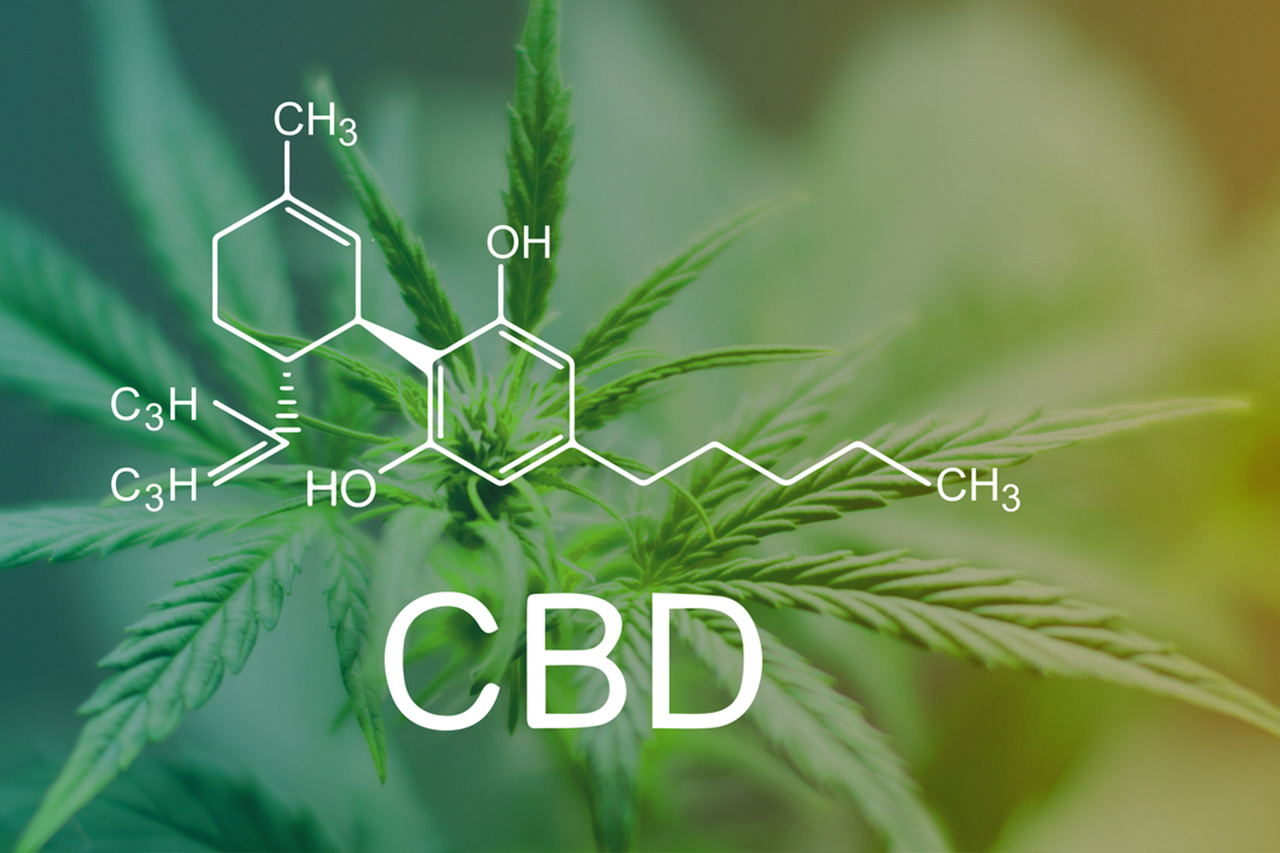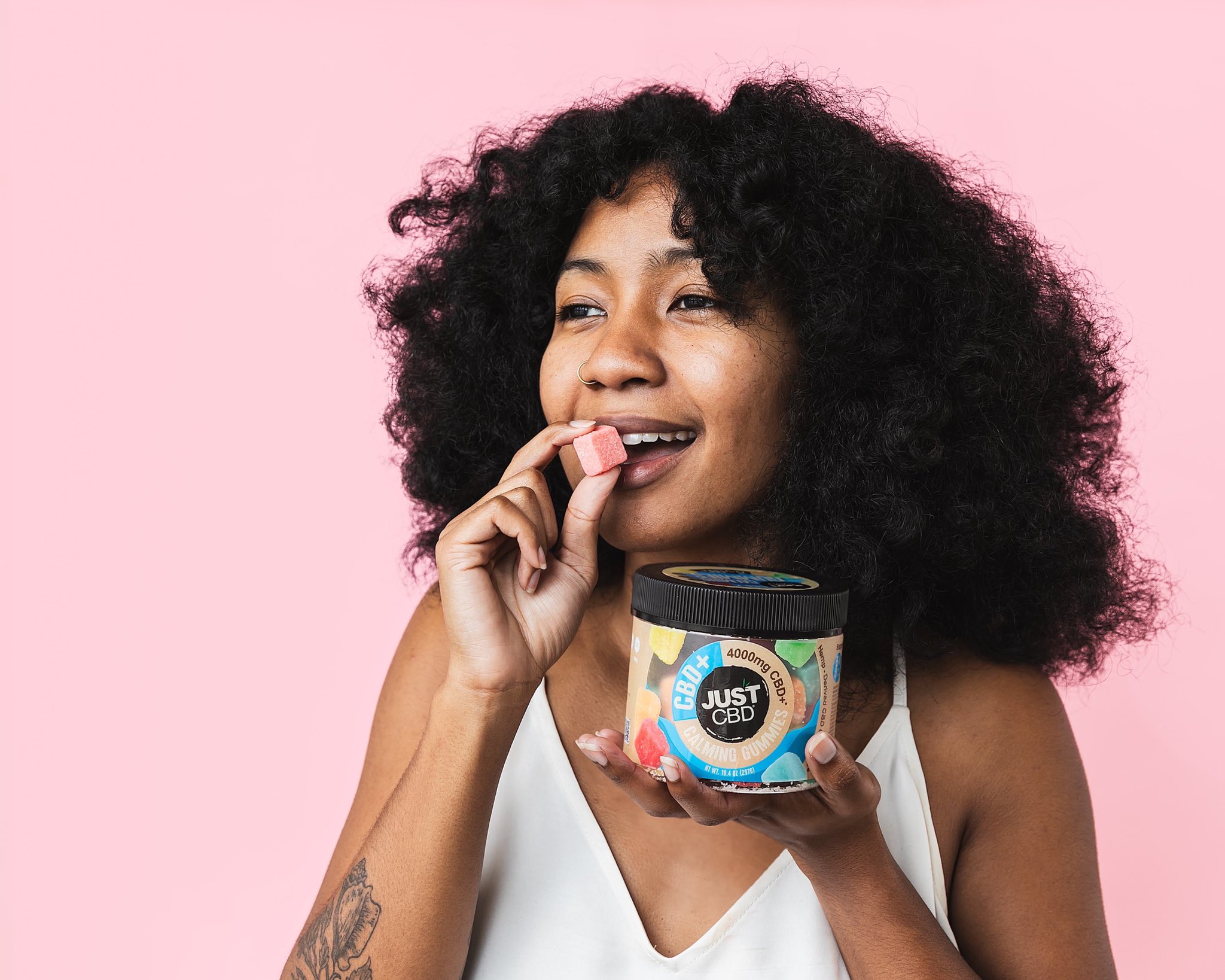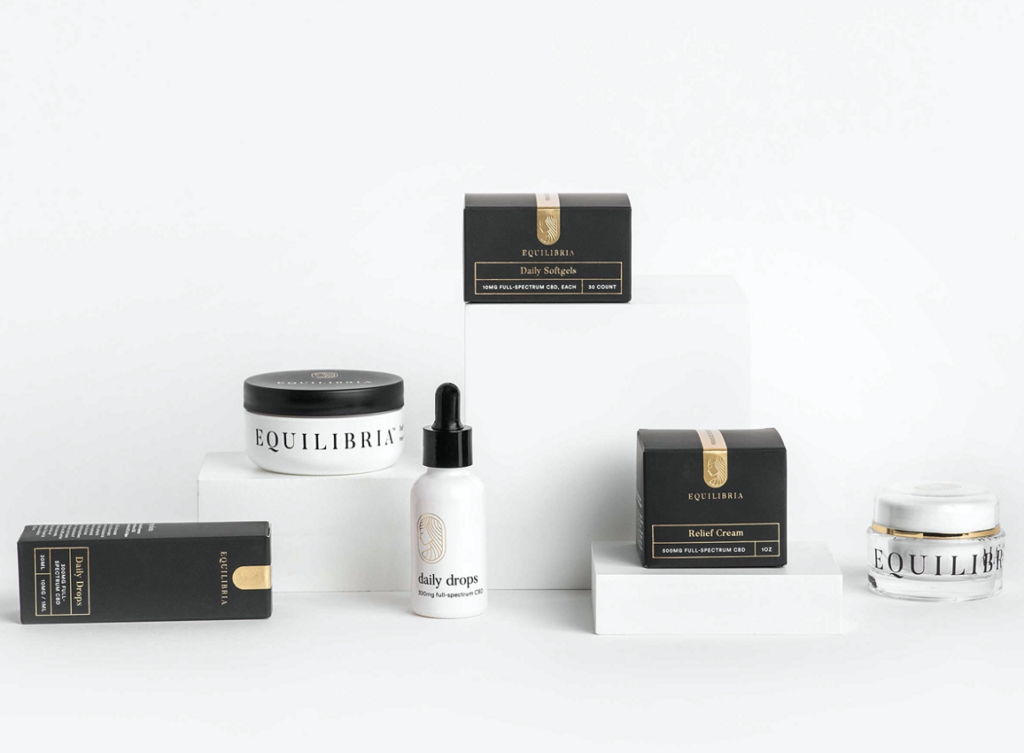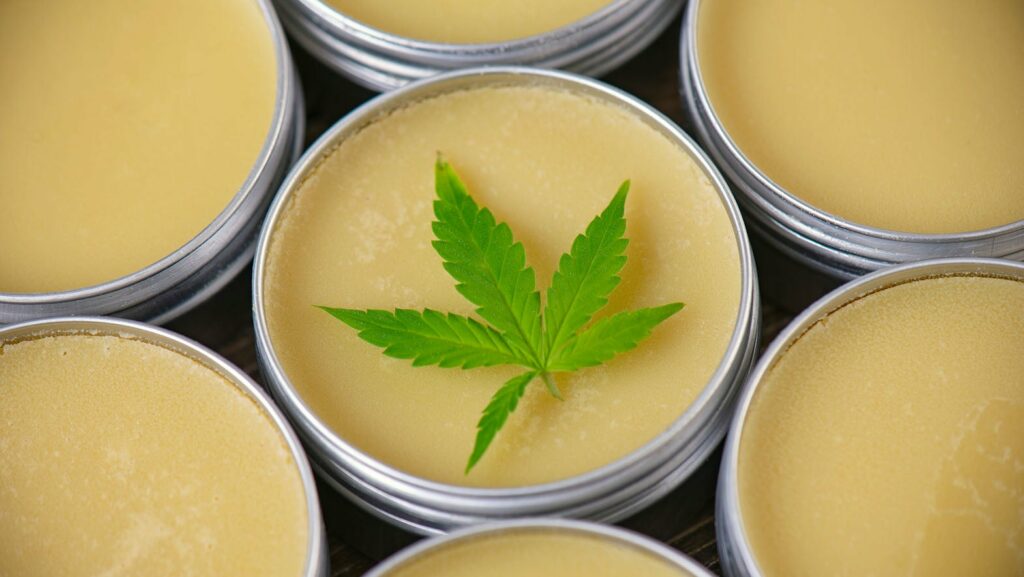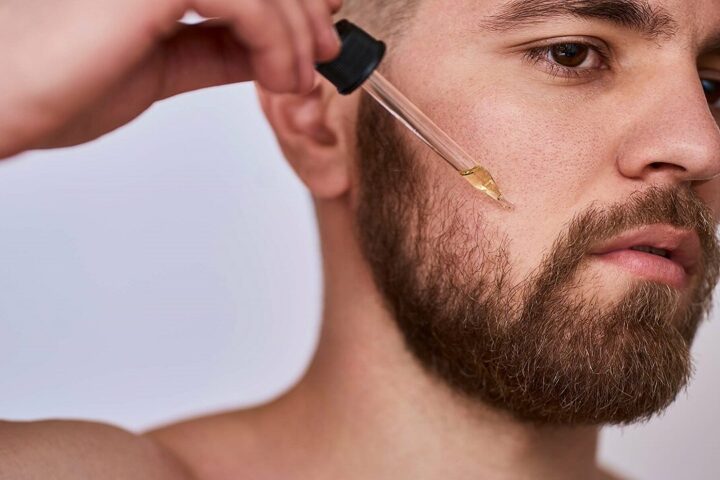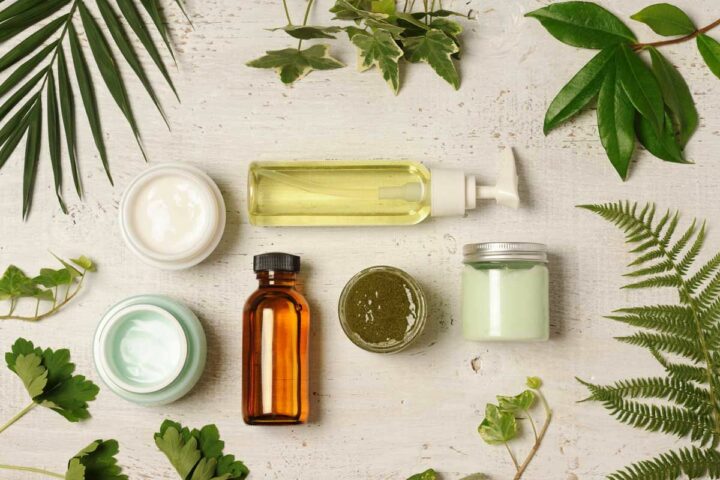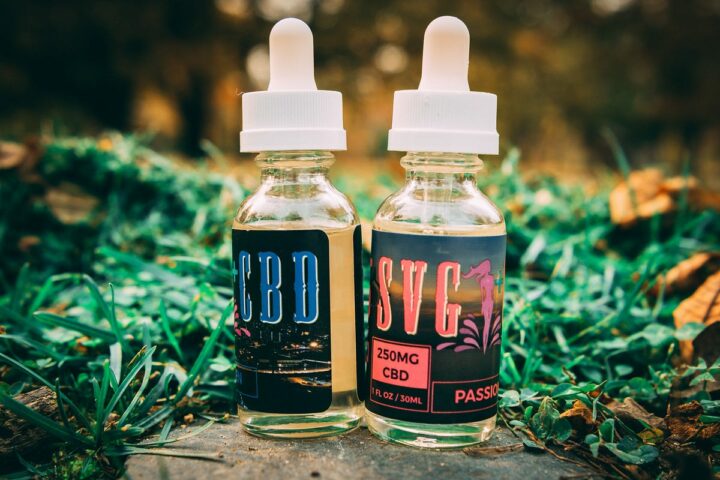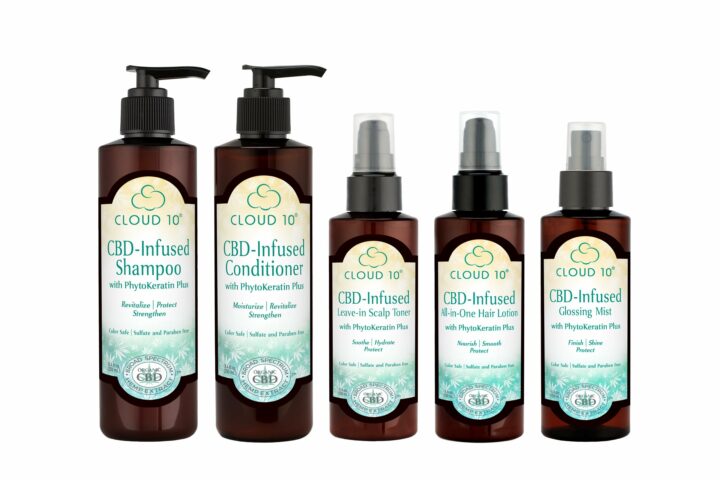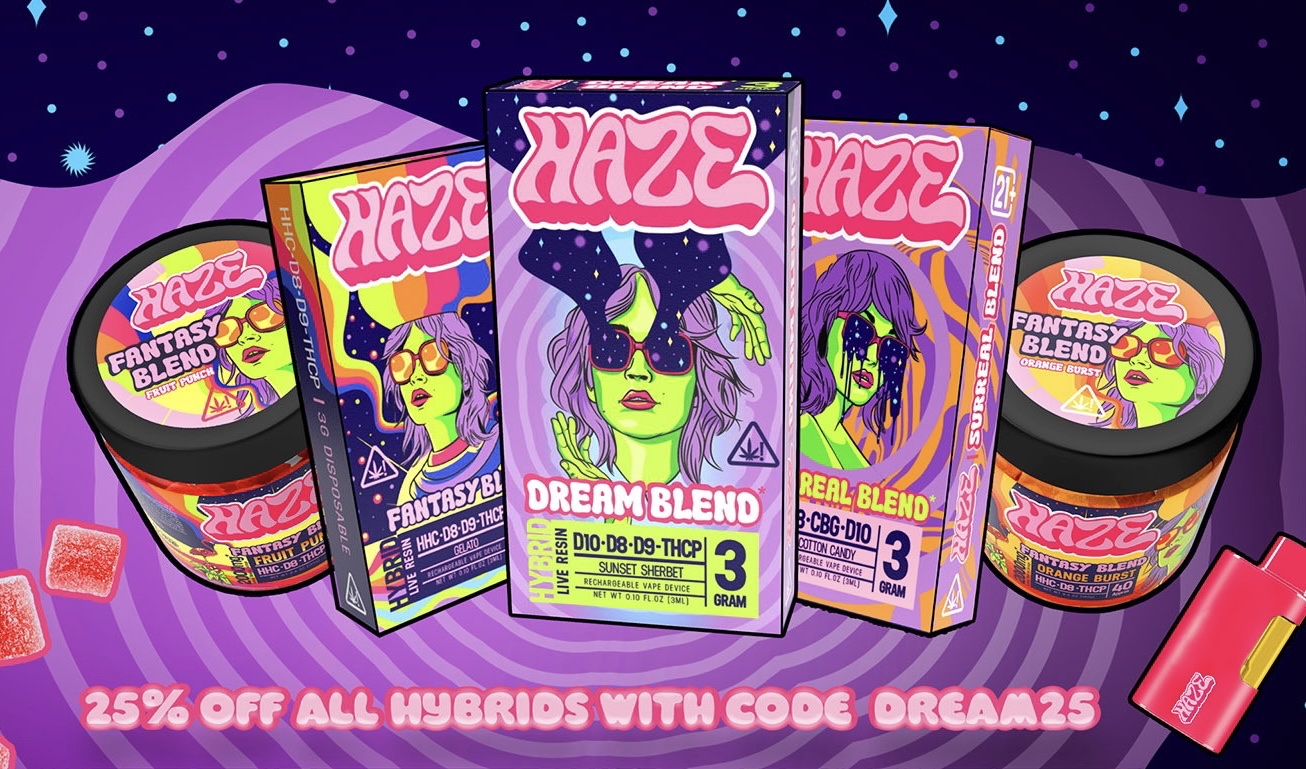ECS CBD
What is ECS CBD
ECS CBD stands for Endocannabinoid System Cannabidiol. It is a term used to describe the relationship between the endocannabinoid system and cannabidiol, a compound found in the cannabis plant.
To understand what ECS CBD is, it’s important to first understand what the endocannabinoid system (ECS) is. The ECS is a complex network of receptors, enzymes, and endocannabinoids (naturally occurring compounds in the body) that play a vital role in regulating various bodily functions, such as pain, mood, appetite, and sleep.
Cannabidiol (CBD) is a non-psychoactive compound found in the cannabis plant. It interacts with the ECS by binding to certain receptors, such as CB1 and CB2 receptors, to help regulate various bodily functions.
ECS CBD is the relationship between the ECS and CBD. CBD can help regulate the ECS by interacting with its receptors, leading to potential therapeutic benefits for various health conditions. Some of these conditions may include chronic pain, anxiety, depression, inflammation, seizures, and more.
CBD has become a popular natural alternative for those seeking relief from various health conditions. Unlike tetrahydrocannabinol (THC), the psychoactive compound found in cannabis, CBD does not produce a “high” or alter one’s state of mind. This makes it a popular choice for those who want the potential therapeutic benefits of cannabis without the psychoactive effects.
ECS CBD is an emerging field of research, and scientists are still studying its potential benefits and effects. However, early studies have shown promising results for various health conditions.
It’s important to note that while CBD is generally considered safe, it can still cause side effects in some individuals, such as dry mouth, drowsiness, and changes in appetite or mood. Additionally, CBD can interact with certain medications, so it’s important to consult with a healthcare professional before using CBD.
In conclusion,
ECS CBD is the relationship between the endocannabinoid system and cannabidiol, a compound found in the cannabis plant. CBD can help regulate various bodily functions by interacting with the ECS, potentially leading to therapeutic benefits for various health conditions. However, more research is needed to fully understand the potential benefits and effects of ECS CBD.
How to use ECS CBD
ECS CBD, also known as Endocannabinoid System Cannabidiol, is a type of CBD oil that is designed to support the endocannabinoid system (ECS) in the body. This guide will provide you with a comprehensive overview of how to use ECS CBD effectively and safely.
Step 1: Determine the Right Dosage
The first step in using ECS CBD is to determine the right dosage for your body. The optimal dosage will depend on factors such as your weight, age, and overall health. Start with a low dosage and gradually increase it until you find the right dosage for your needs.
Step 2: Choose the Right Method of Consumption
ECS CBD comes in various forms, including oils, capsules, and topical creams. The most common way to consume ECS CBD is through sublingual administration, which involves placing the oil under your tongue for about 60 seconds before swallowing. This method allows for faster absorption of the CBD into your bloodstream. Alternatively, you can also add the ECS CBD oil to your food or beverage, or use topical creams for localized relief.
Step 3: Time Your Dose
Timing your ECS CBD dose can make a difference in its effectiveness. It is recommended to take ECS CBD on an empty stomach to allow for faster absorption. However, if you experience any stomach discomfort, you can take it with food. For best results, try to take ECS CBD at the same time each day.
Step 4: Monitor Your Body’s Response
As with any new supplement, it is important to monitor your body’s response to ECS CBD. Pay attention to how your body reacts and adjust your dosage and consumption method as needed. It is also important to consult with a healthcare professional before adding ECS CBD to your wellness routine.
Step 5: Store Properly
ECS CBD should be stored in a cool, dry place away from direct sunlight. Make sure to keep it out of reach of children and pets. Check the label for any special storage instructions.
In conclusion,
ECS CBD is a powerful supplement that can support your overall health and wellness. By following these steps, you can use ECS CBD effectively and safely to support your endocannabinoid system. Remember to start with a low dosage, choose the right method of consumption, time your dose, monitor your body’s response, and store it properly. If you have any questions or concerns, don’t hesitate to consult with a healthcare professional.
ECS CBD Dosing
ECS CBD, or Endocannabinoid System Cannabidiol, is a type of CBD oil that is designed to support the endocannabinoid system (ECS) in the body. It is important to determine the right dosage for your needs to ensure you are getting the maximum benefits of ECS CBD without any adverse effects. This guide will provide you with a comprehensive overview of ECS CBD dosing.
Step 1: Start Low and Slow
The first rule of ECS CBD dosing is to start low and slow. This means starting with a low dosage and gradually increasing it until you find the right dosage for your needs. Start with the lowest recommended dose, which is typically around 5mg to 10mg of CBD per day, and gradually increase it every few days until you achieve the desired effect.
Step 2: Consider Your Body Weight
Your body weight can also play a role in determining the right ECS CBD dosage. A general guideline is to take 1 to 6 mg of CBD for every 10 pounds of body weight. For example, if you weigh 150 pounds, you may want to start with a dose of 15 to 90mg of CBD per day.
Step 3: Consult a Healthcare Professional
It is important to consult with a healthcare professional before adding ECS CBD to your wellness routine. A healthcare professional can help you determine the right dosage based on your individual needs and health conditions.
Step 4: Adjust Based on Response
Once you start taking ECS CBD, it is important to monitor your body’s response and adjust the dosage as needed. If you don’t feel any effects after a week, you may want to increase your dosage slightly. If you experience any adverse effects, such as dizziness or nausea, you should lower your dosage immediately.
Step 5: Stick to a Consistent Schedule
To get the most benefits from ECS CBD, it is important to stick to a consistent dosing schedule. This means taking the same dosage at the same time every day. This can help regulate the levels of CBD in your body and ensure consistent results.
In conclusion,
finding the right ECS CBD dosage can take some trial and error. It is important to start low and slow, consider your body weight, consult a healthcare professional, adjust based on response, and stick to a consistent schedule. By following these guidelines, you can determine the right ECS CBD dosage for your needs and achieve the maximum benefits of this powerful supplement.
Benefits of ECS CBD
ECS CBD, also known as Endocannabinoid System Cannabidiol, is a type of CBD oil that is designed to support the endocannabinoid system (ECS) in the body. The ECS is a complex network of receptors and neurotransmitters that regulates many essential functions in the body, including mood, appetite, sleep, and pain. ECS CBD is a natural supplement that can provide a range of benefits to support overall health and wellness. In this guide, we will explore the benefits of ECS CBD in more detail.
Pain Relief
One of the most well-known benefits of ECS CBD is its ability to provide pain relief. CBD interacts with the ECS to help reduce inflammation and pain in the body. This makes ECS CBD a popular choice for individuals looking for a natural way to manage chronic pain conditions.
Reduced Anxiety and Depression
ECS CBD has also been shown to have a positive effect on mental health. Studies have found that CBD can help reduce symptoms of anxiety and depression by promoting the release of serotonin, a neurotransmitter that regulates mood.
Improved Sleep Quality
ECS CBD can also promote better sleep quality. By reducing anxiety and promoting relaxation, CBD can help individuals fall asleep faster and stay asleep longer. This can have a positive impact on overall health and wellbeing.
Neuroprotective Properties
ECS CBD has also been shown to have neuroprotective properties. Studies have found that CBD can help protect brain cells from damage caused by inflammation and oxidative stress. This makes ECS CBD a potential treatment for neurodegenerative diseases such as Alzheimer’s and Parkinson’s.
Anti-Inflammatory Effects
In addition to its pain-relieving properties, ECS CBD also has anti-inflammatory effects. CBD can help reduce inflammation in the body, which can help manage symptoms of inflammatory conditions such as arthritis and inflammatory bowel disease.
Reduced Acne
ECS CBD may also be effective in reducing acne. CBD has been shown to have anti-inflammatory properties and can help regulate sebum production in the skin, which can help reduce the likelihood of acne outbreaks.
In conclusion,
ECS CBD is a natural supplement that can provide a range of benefits to support overall health and wellness. These benefits include pain relief, reduced anxiety and depression, improved sleep quality, neuroprotective properties, anti-inflammatory effects, and reduced acne. If you are interested in using ECS CBD, it is important to consult with a healthcare professional to determine the right dosage and consumption method for your individual needs.
Legality of CBD in the UK
CBD, or cannabidiol, is a popular natural supplement that is derived from the cannabis plant. In the United Kingdom, CBD is legal under certain conditions. This guide will provide you with a comprehensive overview of the legality of CBD in the UK.
CBD is Legal in the UK if it Meets Certain Conditions
CBD is legal in the UK if it meets certain conditions. The CBD product must contain less than 0.2% THC (tetrahydrocannabinol), which is the psychoactive compound found in cannabis that produces a high. Additionally, the product must be derived from an industrial hemp strain that is EU-approved. This means that the plant must contain less than 0.2% THC and be grown under specific conditions.
CBD Products Must Be Labelled and Advertised Correctly
CBD products must be labelled and advertised correctly in the UK. The label must include the CBD content in milligrams, as well as information about the product’s ingredients and any potential side effects. Additionally, any claims made about the product must be backed up by scientific evidence.
CBD Products Must Be Sold as a Food Supplement
In the UK, CBD products must be sold as a food supplement and not as a medicine. This means that they cannot be advertised as a treatment for specific medical conditions. However, individuals are free to use CBD products for general health and wellness purposes.
CBD Products Must Meet Certain Safety Standards
CBD products must meet certain safety standards in the UK. This includes ensuring that the product is free from harmful contaminants, such as heavy metals and pesticides. Additionally, the product must be manufactured and packaged in a way that ensures it is safe for consumption.
In Conclusion,
CBD is legal in the UK if it meets certain conditions. The product must contain less than 0.2% THC and be derived from an industrial hemp strain that is EU-approved. Additionally, CBD products must be labelled and advertised correctly, sold as a food supplement, and meet certain safety standards. It is important to ensure that you purchase CBD products from a reputable supplier that can provide you with information about the product’s ingredients, dosage, and potential side effects. If you have any questions or concerns about the legality of CBD in the UK, it is recommended that you consult with a legal professional.
FAQs-ECS CBD
What does CBD do to ECS?
CBD interacts with the body’s endocannabinoid system (ECS). The ECS is a complex network of receptors, enzymes, and endocannabinoids that play a role in regulating various bodily functions, such as mood, pain perception, inflammation, and sleep. CBD can influence the ECS by interacting with cannabinoid receptors, primarily CB1 and CB2 receptors, found throughout the body. It can modulate the activity of these receptors and potentially promote balance and homeostasis in the body. CBD may also inhibit the breakdown of endocannabinoids, allowing them to exert their effects for a longer duration. The exact mechanisms of how CBD interacts with the ECS are still being studied, but its interaction with this system is believed to contribute to its potential therapeutic effects.
What is the ECS system?
The endocannabinoid system (ECS) is a complex network of receptors, enzymes, and endocannabinoids that exists in the human body. It plays a crucial role in maintaining homeostasis, which refers to the body’s internal balance and stability. The ECS is involved in regulating a wide range of physiological processes, including mood, pain sensation, appetite, sleep, immune function, and stress response. It consists of cannabinoid receptors (CB1 and CB2), endocannabinoids (such as anandamide and 2-AG), and enzymes responsible for synthesizing and breaking down these endocannabinoids. When activated, the ECS helps to regulate various bodily functions and maintain overall well-being. Cannabidiol (CBD) and other cannabinoids interact with the ECS, influencing its activity and potentially offering therapeutic benefits.
What is the highest legal CBD in the UK?
As of my knowledge cutoff in September 2021, the highest legal limit for CBD concentration in the UK is 0.2%. Products containing CBD with a concentration above this limit are considered illegal in the UK. It’s important to note that regulations and legal limits may have changed since then, so it’s advisable to refer to the most recent laws and regulations or consult with local authorities for the latest information on CBD legality and concentration limits in the UK.
Will CBD be legal in UK?
As of my last knowledge update in September 2021, CBD is legal in the UK as long as it meets certain criteria. CBD products must be derived from an EU-approved industrial hemp strain and contain less than 0.2% THC (the psychoactive compound in cannabis). However, regulations and laws regarding CBD can change over time, so it’s advisable to stay updated on the latest regulations and consult with local authorities for the most accurate and current information regarding the legality of CBD in the UK.
How much CBD is allowed UK?
As of my last knowledge update in September 2021, CBD products in the UK are typically allowed to contain up to 0.2% THC (the psychoactive compound in cannabis) to be considered legal. However, regulations and legal limits regarding CBD can vary, and it’s important to stay updated on the latest laws and regulations. It’s advisable to consult with local authorities or refer to reputable sources to obtain the most accurate and current information on the allowed CBD concentration in the UK.
Is CBD a drug?
CBD (cannabidiol) is a naturally occurring compound found in cannabis plants. It is one of the many cannabinoids present in cannabis, along with THC (tetrahydrocannabinol). While THC is known for its psychoactive effects, CBD does not produce a “high” and is not considered a drug in the traditional sense. CBD derived from industrial hemp containing less than 0.3% THC is legal in many countries and is often used for its potential therapeutic properties. However, it’s important to note that regulations surrounding CBD can vary by jurisdiction, and it’s always advisable to comply with local laws and regulations regarding its production, sale, and use.
What will CBD do to a person?
CBD (cannabidiol) can have various effects on a person, although the specific outcomes can differ from individual to individual. CBD interacts with the body’s endocannabinoid system, which plays a role in regulating several bodily functions such as mood, pain perception, appetite, and sleep. CBD is often used for its potential therapeutic benefits, including promoting relaxation, reducing anxiety and stress, alleviating pain and inflammation, improving sleep quality, and supporting overall well-being. It’s important to note that CBD does not produce a psychoactive “high” like THC (tetrahydrocannabinol), and its effects are generally considered to be mild and non-intoxicating. However, individual responses to CBD can vary, and it’s advisable to start with a low dosage and monitor your body’s response to determine the effects that CBD has on you personally.
Does CBD really work for anxiety?
CBD (cannabidiol) has shown promise in reducing anxiety symptoms in some individuals, but its effectiveness can vary. Several studies suggest that CBD may help manage anxiety by interacting with receptors in the brain that regulate mood and stress response. CBD has been found to potentially promote a sense of relaxation and calmness, leading to a reduction in anxiety symptoms. However, it’s important to note that research on CBD’s effects on anxiety is still ongoing, and more scientific studies are needed to fully understand its mechanisms and efficacy. Additionally, individual responses to CBD can vary, and it may not work the same way for everyone. It’s advisable to consult with a healthcare professional for personalized advice and to consider a comprehensive approach to managing anxiety that may include therapy, lifestyle changes, and other treatments.
Can I take CBD and drink alcohol?
It is generally advisable to exercise caution when combining CBD and alcohol. Both substances can have sedating effects, and their effects may be amplified when used together. CBD is not known to intensify the impairing effects of alcohol, such as motor coordination and cognitive function. However, individual responses can vary, and it’s important to be aware of how your body reacts to the combination. Additionally, excessive alcohol consumption can have adverse health effects, and CBD should not be seen as a remedy for the negative effects of alcohol. If you have concerns or questions about combining CBD and alcohol, it’s advisable to consult with a healthcare professional who can provide personalized guidance based on your specific circumstances and health needs.
Can you drive after CBD?
Driving after taking CBD is generally considered safe as CBD is not known to impair motor skills or cognitive function in the same way that THC (tetrahydrocannabinol) does. CBD does not produce a psychoactive “high” and is not expected to affect your ability to drive. However, individual responses to CBD can vary, and some people may experience mild side effects such as drowsiness or changes in alertness. If you are new to CBD or unsure about how it affects you personally, it’s advisable to start with a low dosage, assess your body’s response, and avoid driving or operating heavy machinery if you feel any adverse effects. It’s always important to prioritize safety and make responsible decisions when it comes to driving or any other activities that require focus and attention.
Who shouldn t take CBD oil?
While CBD oil is generally well-tolerated, there are certain individuals who should exercise caution or avoid taking it altogether. Pregnant or breastfeeding women are typically advised to avoid CBD due to limited research on its effects during pregnancy and lactation. Individuals taking medications that carry a grapefruit warning should also be cautious, as CBD can interact with certain medications in a similar way to grapefruit. Additionally, individuals with liver disease or impaired liver function may need to adjust their CBD dosage, as CBD is primarily metabolized by the liver. It’s always advisable to consult with a healthcare professional before starting CBD oil or any other supplement, especially if you have underlying health conditions or are taking medications, to ensure it is safe and appropriate for your individual circumstances.
How much CBD should a beginner start with?
For beginners, it is generally recommended to start with a low dosage of CBD and gradually increase as needed. A common starting point is 5-10 milligrams (mg) of CBD per day. Starting with a low dosage allows you to gauge your body’s response and determine your individual tolerance. It’s important to note that CBD affects everyone differently, and individual needs may vary. Factors such as body weight, metabolism, and the desired effects will also play a role in determining the appropriate dosage. It’s advisable to consult with a healthcare professional who can provide personalized guidance based on your specific circumstances and help you determine the optimal starting dosage of CBD for you.
How many hits of CBD for anxiety?
The number of hits or puffs of CBD needed for anxiety can vary depending on several factors, including the individual’s tolerance, the concentration of CBD in the product, and the severity of the anxiety symptoms. It is advisable to start with a low dose and gradually increase as needed until the desired effects are achieved. When using CBD in vapor form, it’s best to take slow and controlled inhalations to ensure proper absorption. It’s important to listen to your body and adjust the dosage accordingly. However, it’s always recommended to consult with a healthcare professional for personalized advice and to discuss the appropriate dosage and usage of CBD for managing anxiety.
Can you feel effects of CBD first time?
The effects of CBD can vary among individuals, and it’s possible to feel the effects of CBD the first time you use it. Some people report immediate effects, such as a sense of relaxation, calmness, or improved focus, while others may not notice significant effects right away. Factors such as the dosage, method of consumption, and individual body chemistry can influence how quickly and strongly the effects are felt. It’s important to note that CBD is generally well-tolerated and does not produce a psychoactive “high” like THC. However, it’s advisable to start with a low dosage and gradually increase as needed to find the optimal dose that works for you. If you have any concerns or questions about the effects of CBD, it’s recommended to consult with a healthcare professional for personalized advice.
How much CBD is enough to feel?
The amount of CBD needed to feel its effects can vary depending on various factors, including the individual’s body weight, metabolism, tolerance, and the severity of the condition being addressed. Additionally, the concentration of CBD in the product and the method of consumption can also influence the amount needed. Some people may feel the effects of CBD with a low dosage of 10-25 milligrams (mg), while others may require higher doses of 50-100 mg or more. It’s important to start with a low dosage and gradually increase until the desired effects are achieved. Finding the right dosage may require some experimentation and listening to your body’s response. It’s advisable to consult with a healthcare professional who can provide personalized guidance and help determine the appropriate dosage of CBD for your specific needs.
- Apple Fritter aka Apple Fritters Weed Strain Information - May 2, 2024
- Secret Weapon Weed Strain Information - April 27, 2024
- White Wedding Weed Strain Information - April 27, 2024


